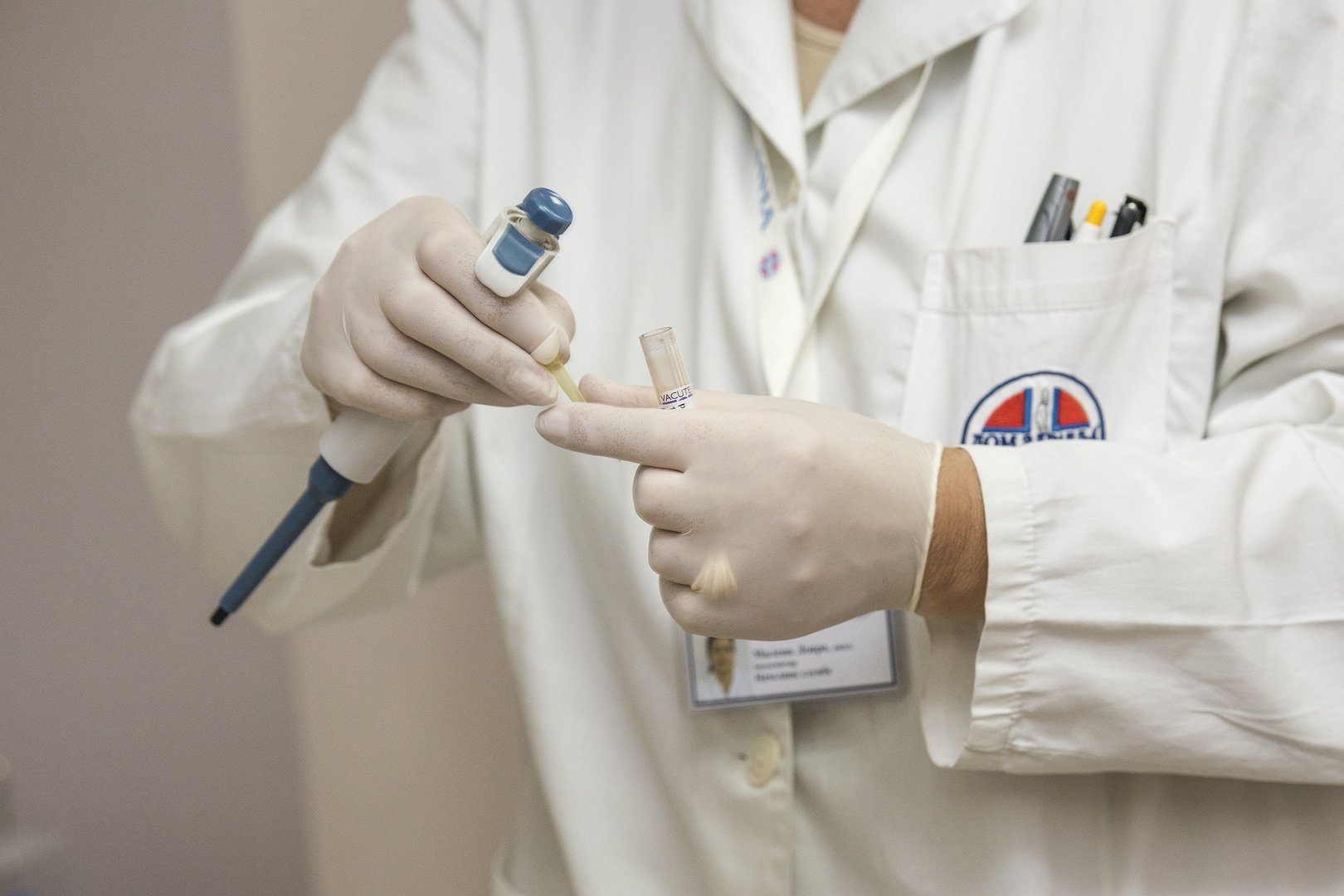Cyprus has the highest rate of healthcare-associated infections of any country in the European Union, according to a report published by the European Centre for Disease Prevention and Control (ECDC).
A total of 13.8 per cent of patients in Cyprus have at least one healthcare-associated infection, the technical term for an infection contracted by a patient while receiving health care for another condition.
This number is more than double the median figure of all 27 EU member states and four members of the European Economic Area, which stands at 6.8 per cent.
The country with the second highest prevalence of healthcare-associated infections was Greece, with a rate of 12.2 per cent, while Portugal had the third highest rate, 11.6 per cent.
By contrast, Latvia had the lowest prevalence of healthcare-associated infections, with just three per cent of patients having contracted an extra infection while receiving treatment. Romania and Bulgaria had the second and third lowest prevalences, with 3.1 per cent and 3.7 per cent respectively.
In addition, Cyprus has the highest rate of antimicrobial use in the EU and EEA, with 56.5 per cent of hospital patients in the country being prescribed some form of antimicrobial medication.
Greece once again had the second highest prevalence, 55.3 per cent, with Bulgaria having the third highest prevalence, 47.9 per cent, despite having the second lowest prevalence of healthcare associated infections in the EU and EEA.
At the other end of the scale, Hungary had the lowest rate of antimicrobial use in the EU and EEA, at just 20.8 per cent, while France had the second lowest rate, 22.7 per cent. Germany had the third lowest rate, at 26.2 per cent.







Click here to change your cookie preferences